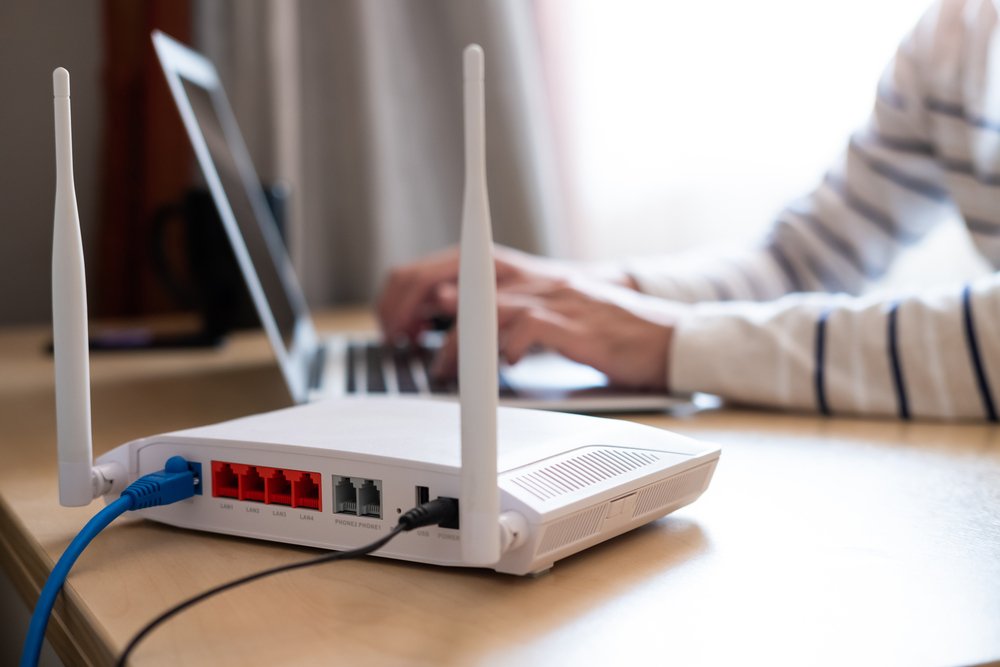
Understanding Routers: The Backbone of Modern Internet Connectivity
In today’s interconnected world, routers are essential devices that provide seamless internet access to households, businesses, and organizations alike. Routers are often the unsung heroes of our digital lives, quietly ensuring that data travels between devices and networks efficiently. Whether you’re streaming your favorite show, attending a virtual meeting, or browsing the web, it’s the router that’s responsible for delivering the connectivity we rely on.
Table of Contents
ToggleWhat is a Router?
A router is a networking device that forwards data packets between computer networks. In simpler terms, it connects devices—like your computer, smartphone, and printer—to the internet and helps them communicate with each other. Routers can work on both wired and wireless networks, although the advent of Wi-Fi technology has made wireless routers more popular for home use.
Routers perform several critical functions, including:
- Routing Data: Routers direct data between devices on a local network and the internet. For example, when you search for something on Google, the router helps send your request to the server hosting the search engine and returns the result to your device.
- Assigning IP Addresses: Routers assign local IP addresses to devices on your network. These addresses allow devices to communicate with each other within the local area network (LAN) while sharing a single public IP address when accessing the internet.
- Network Security: Routers act as a barrier between your home network and the internet, helping prevent unauthorized access through firewalls and other security protocols.
- Traffic Management: Routers manage data traffic efficiently, ensuring that your internet connection is fast and stable. They help avoid congestion by determining the best route for data to travel through the network.
Types of Routers
- Wireless Routers: These are the most common type of router for home use. They allow devices to connect to the internet via Wi-Fi, which is convenient for smartphones, laptops, tablets, and smart home devices.
- Wired Routers: Wired routers use Ethernet cables to connect devices to the internet. While they may not be as convenient as wireless routers, they offer a more stable and secure connection for devices that require high-speed internet, like gaming consoles or desktop computers.
- Mesh Routers: A newer solution for large homes or offices, mesh routers use multiple units to create a seamless Wi-Fi network across a larger area. They eliminate dead zones by allowing the different units to communicate with one another and extend coverage.
- Core Routers and Edge Routers: These types of routers are generally used in large-scale networks, such as those owned by service providers or large organizations. Core routers manage the main backbone of the network, while edge routers handle the traffic between the core network and external networks.
How Routers Work
When you send a request over the internet, such as opening a website, your device sends data packets through the router. The router looks at the destination IP address of these packets and decides the most efficient way to send them based on routing tables and algorithms. The router sends the data through the correct path, whether it’s through a fiber-optic cable, a copper wire, or a wireless network.
In a typical home setup, the router receives the internet signal from your Internet Service Provider (ISP), which connects to the router through a modem. The modem converts the signal into a usable form, and the router distributes it across your devices. Wireless routers take this one step further by allowing devices to connect to the network wirelessly.
Choosing the Right Router
Selecting the right router depends on several factors, including your internet speed, the number of devices you need to connect, and the size of your home or office. Here are a few things to consider:
- Speed: Ensure that the router supports the internet speed provided by your ISP. Some routers support higher speeds, which is essential for activities like gaming or streaming in 4K.
- Wi-Fi Standards: Routers operate on different Wi-Fi standards, such as Wi-Fi 5 (802.11ac) and Wi-Fi 6 (802.11ax). Wi-Fi 6 is the latest standard and offers improved speeds, coverage, and capacity for multiple devices.
- Security Features: Look for routers with advanced security features, such as WPA3 encryption, firewalls, and automatic security updates, to protect your network from hackers and malware.
- Range: If you live in a large home, you may need a router with an extended range or a mesh Wi-Fi system that provides coverage in every corner of your house.
Conclusion
Routers play a vital role in our digital lives, and understanding how they work can help us make informed decisions when it comes to choosing the right router for our needs. Whether you’re setting up a home network or managing a business’s internet infrastructure, selecting a reliable and efficient router is key to ensuring fast, secure, and stable connectivity.


